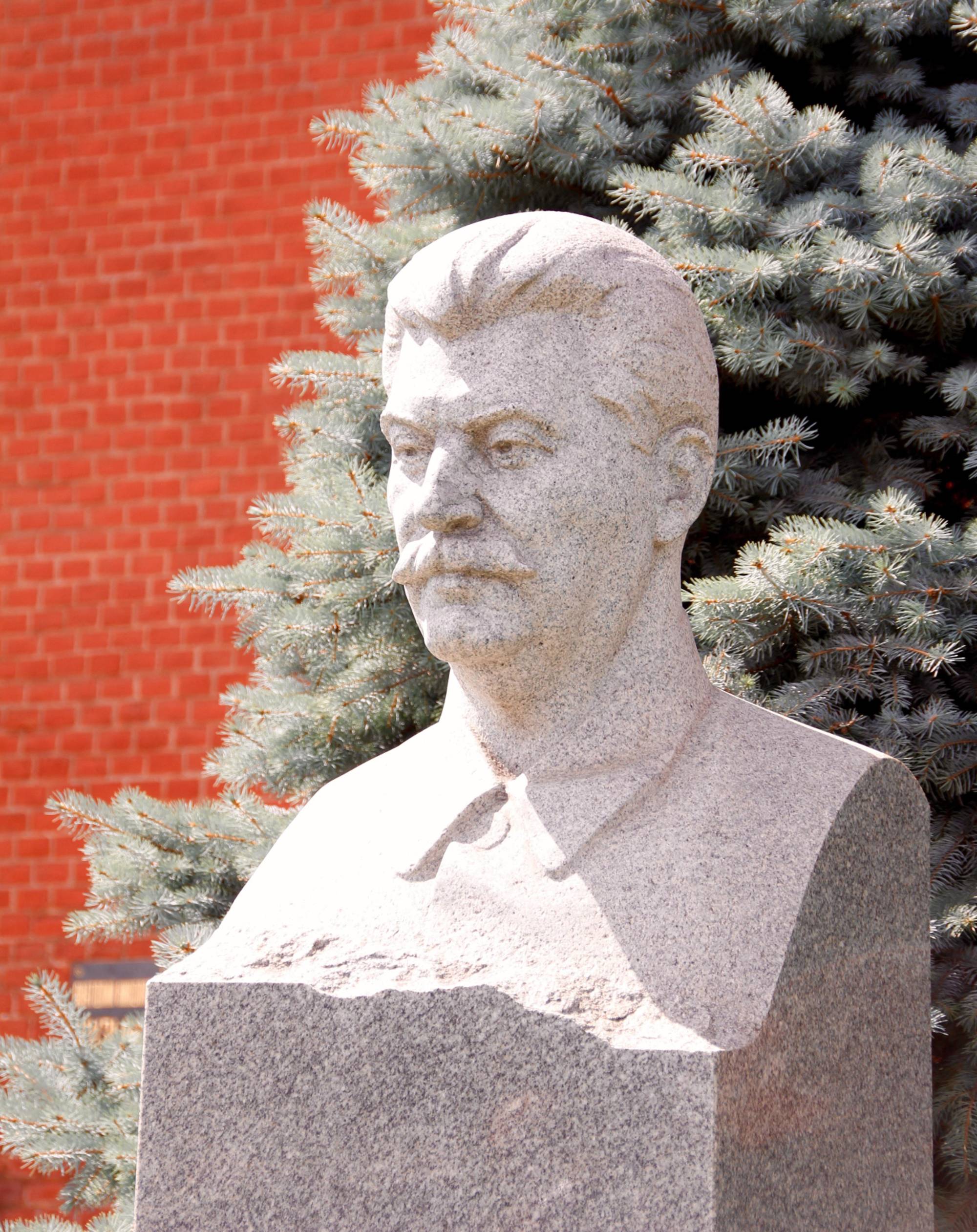

Many of us have been wowed by a charismatic mentor or leader, or have seen—aghast—the sycophancy surrounding one.
While this cult-like behaviour brings its own problems, it is at its most dangerous when indulged in by political leaders and their followers.
Think former United States president Donald Trump. Ramp it up several notches to Russian leader Vladimir Putin, China’s Mao Zedong, and the North Korean dynasty, and, at the extreme end of the scale, fanatical leaders such as Stalin and Hitler.
What factors feed these cults of personality? Is the problem getting worse around the world? And why do such leaders surround themselves with obsequious underlings who may ultimately bring them down because of the fear of speaking up?
These are questions being delved into by Associate Professor Xavier Marquez, head of Te Kura Aro Whakamuri, Rapunga Whakaaro, Matai Tōrangapū me te Ao—the School of History, Philosophy, Political Science and International Relations.
He’s been investigating the demagogues and dictators who have survived in power because people are happy to turn a blind eye to their failings, or too scared to be the one to point out the emperor is not wearing any clothes.
The flattery factor
Leadership cults are typically fed by “flattery inflation”—overblown praise that sometimes enters the realm of the bizarre, Xavier says.
“Absurd” flattery can be spread within a country to inspire awe for a leader, as well as beyond its shores in an attempt to create fear, he says. (Some of it may also be made up outside the country to make the leader look ridiculous.)
Examples include stories that Kim Il-sung could teleport, that his successors can control the weather, and that former Syrian president Hafez al-Assad was the country’s premier pharmacist, doctor, lawyer, and teacher, among other things.
Some of the most far-fetched claims can be hard for the more sceptical not to accept because of strong peer pressure, Xavier says.
“The peer pressure can be terrific. And, in some cases, there is good justification for that fear—that something very bad will happen to you if you don’t go along with it.”
In Stalin’s Soviet Union, the degree of sycophancy was extreme because the consequences of not acting in a fawning manner were severe, he says.
“‘Stormy and prolonged applause’ was the line used in transcriptions of Soviet speeches. That was a real thing, apparently, as nobody wanted to be the first to stop clapping.”
Supporters v. sycophants
Difficulties for leaders arise when they “cannot tell the difference between genuine supporters and praise from sycophants”.
“There’s a famous quote from Mao where he is telling Ho Chi Minh not to trust people who tell him ‘Long Live Ho Chi Minh’. Certainly some people who stay in power for a long time tend to be able to see through the flattery.”
When it comes to Putin and the war in Ukraine, Xavier says there is a fair amount of evidence that Putin got “bad information … that he surrounded himself with people who were not keen on telling him that things weren’t going to go as well as he might have thought”.
“Possibly, they themselves believed it would go well—it’s not entirely clear. But there was a certain degree of pressure to just tell him what he wanted to hear.”
Xavier points to another recent example of the cult of personality from his homeland, Venezuela, which he had already left before it suffered under the increasingly autocratic rule of former president Hugo Chávez between 1999 and 2013.
“It sparked my interest in how democracies die. People who were supporters of Chávez tended to become very attached to him. Some of them were praising him to the skies and there is a process by which that becomes reinforced within that camp. But those who were not supporters of Chávez tended to sort of demonise him.”
Democracy gauge
So are things getting worse for democracy?
“Yes, to a small degree. I do think in the past 10 to 15 years there’s some evidence of that. But some of the dangers are probably a bit overblown.
“In the US, as an example, it’s a fairly divided society and people became attached to Trump in this kind of pathological way. But the US federal system is healthy, with robust political competition, so it doesn’t become the kind of big deal it was in Stalin’s Russia.”
New Zealand has been fortunate with its political leaders and in having robust democracy, he says.
“As long as the opposition here functions reasonably well, I don’t think there’s much chance for these things to happen.
“There are certainly people who like particular leaders quite a bit and are interested in praising them and gaining whatever office or benefits can be got by that. But because there is a kind of open public sphere, you stand out by doing this kind of thing. So it tends not to work.”




